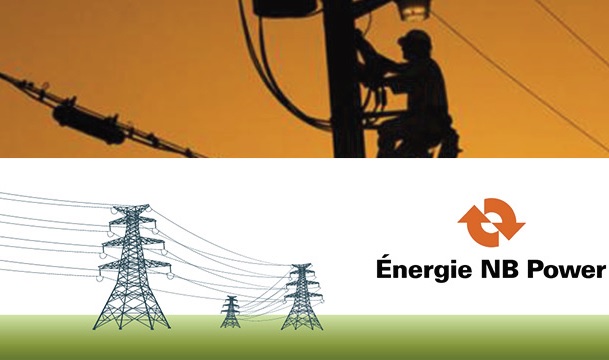NB Power’s debt is a problem for the province of New Brunswick and its taxpayers. As it stands, NB Power’s capital structure is over 90 percent funded by debt. This is a problem for the corporation’s ability to invest and adapt for the future. Unfortunately, it is nearly unavoidable that the provincial government and taxpayers in New Brunswick will have to assume most of the debt if NB Power is to advance in the future.
NB Power is the primary electrical utility in New Brunswick owned by the provincial government. The corporation provides electricity to approximately 394,000 customers across the province. The corporation is currently trying to implement new technology such as smart meters to keep up with other utility corporations across Canada.
Recently the Energy and Utilities Board (EUB) rejected NB Power’s application to install smart meters because the corporation did not have enough proof to justify their proposed $100 M project. Despite the rejection from the EUB, NB Power is still trying to move forward with this new project and increase rates for its customers.
Last week the Frontier Centre for Public Policy released a new paper in the public choice alternatives series, “Without Debt There Would Be Little Capital at All: A Valuation of NB Power”. According to the valuation, under the market-based valuation system, the current (but fully taxed value) ranges from a median of $2,611M to $11,567M, with a median value of $1,389. Assuming the removal of its entire debt load, the range could be between $2,611M and $8,060M, with the median value of $4,370M, and an average value of $6,195M. The valuation proves that NB Power cannot reasonably service more than about one quarter of its current short- and long-term debt load of nearly $7B.
The proceeds from such a sale would benefit the province of New Brunswick, or some of the proceeds could be retained within the corporation to try and further reduce its debt. Whether or not the corporation is sold in part or whole, some of the large debt may need to be assumed by the province, directly affecting New Brunswick taxpayers and citizens.
While it is up to the citizens and taxpayers of New Brunswick through their elected representatives whether or not to divest NB Power, the increasing debt is becoming a bigger issue that needs to be addressed in the very near future.



